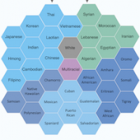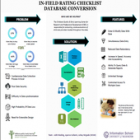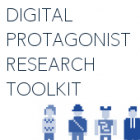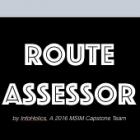
Pariity
Data science is changing the face of the financial industry. Visible in the rise of quantitative funds, AI managers, and high frequency trading, 21st century technologies have produced unprecedented volumes of financial data. Without context or a way to capture the big picture, even the most engaged investors are getting left behind. Pariity takes technical, quantitative, and sentiment analysis and makes it accessible and digestible for everyone. We provide a holistic view of markets so that all investors can educate themselves, validate their thinking, and increase their confidence in trading.








